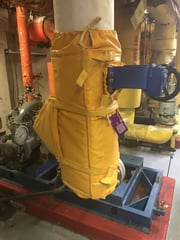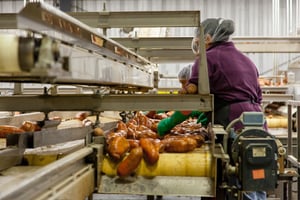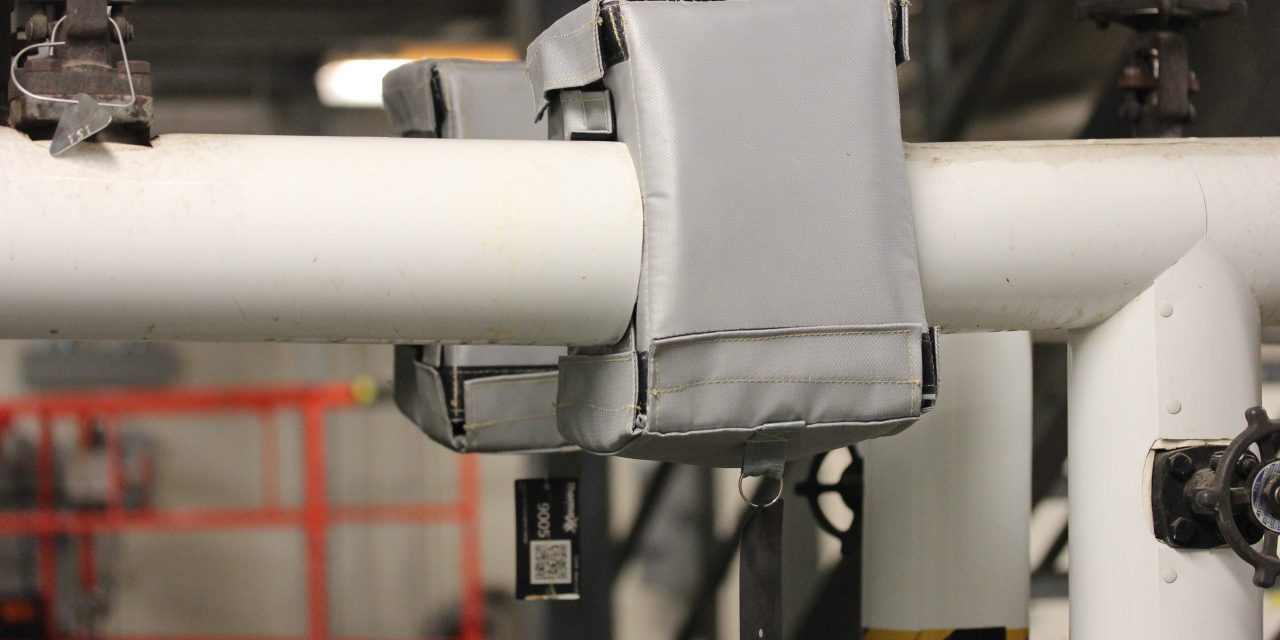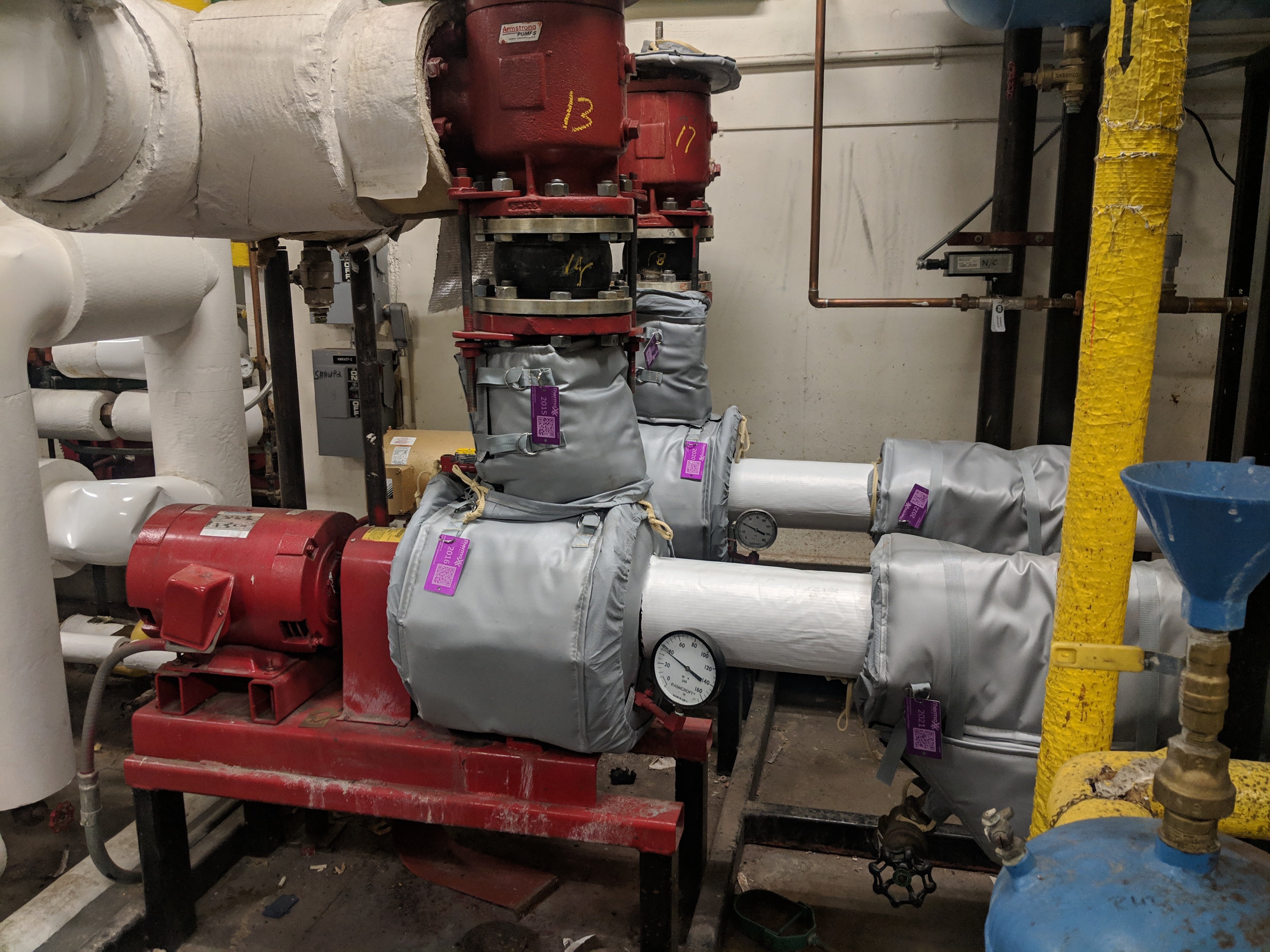Heat Loss in Steam Traps: Monitoring Equipment

Steam Trap Monitoring Equipment When it comes to steam trap monitoring equipment, you have several options. Visual, Thermal, and Ultrasonic steam trap monitoring systems exist, each having their own positives and negatives. Is constant monitoring important to you? Would you like remote heat monitoring options? Which type will work best with any insulation you have installed? Making the right...
High Temperature Pipe Insulation Materials

Removable Insulation Materials for High-Temp Applications When it comes to insulating your pipes, there are many factors to take into consideration. Take temperature, for instance. How hot are your pipes? Imagine your thermos of coffee - it does a great job of keeping your java piping hot all day long. But pour in some super-heated liquid at 1,000 degrees F and watch your thermos melt away into a...
Energy Savings Performance Contracts & Steam Pipe Insulation

Energy Savings Performance Contracts& Steam Pipe Insulation Retrofitting old buildings with energy conserving upgrades can cost a significant amount of upfront capital. Even with the benefit of reduced energy costs and a high return on investment, the upfront cost can be prohibitively expensive.
Corrosion Under Insulation (CUI)

Corrosion Under Insulation (CUI): What it is and how to prevent it Corrosion under insulation (CUI) is the corrosion of piping and vessels that occurs beneath insulation as a result of water penetration. The water can come from rain water, leakage, deluge system water, wash water, or sweating from temperature cycling or low temperature operation such as refrigeration units.
Corrosion Under Insulation & CUI Inspections

Corrosion Under Insulation Corrosion under insulation has been plaguing the industrial equipment since the 1970s energy crisis first prompted companies to reduce energy costs by insulating their equipment. Corrosion under insulation (or CUI) can be a major problem if left unchecked; CUI can cause massive damage that is expensive and dangerous.
Corrosion Detection Methods for Stainless Steel Pipes and Tubes

Stainless steel is resistant, but certainly not immune, to corrosion. In a previous article, we examined the need for inspecting stainless steel pipes further, including a discussion of conditions which encourage corrosion. When corrosion does occur in stainless steel, the corrosion often manifests in a very localized manner rather than uniform (or “general”) corrosion. Two forms of corrosion...
Color-Coded Insulation Blankets

This article was written by Jack McTigue of Thermaxx Jackets
Chiller Insulation Blankets

Chiller insulation blankets are becoming the standard replacement insulation for factory applied chiller insulation. The factory applies insulation to the low temperature surfaces such as the evaporator, water boxes and suction elbow. The insulation is usually ¾” thick rubber insulation with a K factor of 0.3 Btu-in./hr.-ft²-°F. If maintenance is required on any of the low temperature areas of...
Food Grade Insulation Blankets

Thermaxx Jackets has worked with many clients who are trying to make their food processing plant more energy efficient, safer, and cleaner (such as Calabro Cheese). The USDA recommends insulating pipes in food processing facilities, providing a layer of protection between the piping and your product. The insulation blankets used should be food grade or food safe. “Food grade” or “food safe” means...
Insulation Test: Are You An Insulation Expert?

To be considered an expert in the insulation industry, there's a lot you have to know. From understanding steam systems inside and out to being a master of physics, it takes a lot to be able to call yourself an expert. Think you can make the cut? Take our insulation test for experts to find out!






